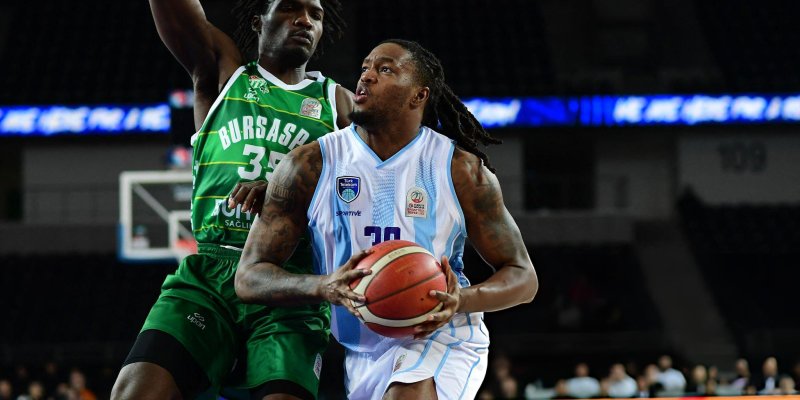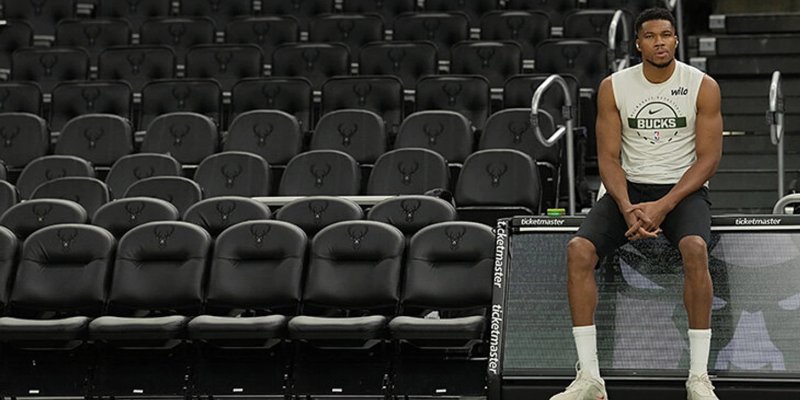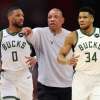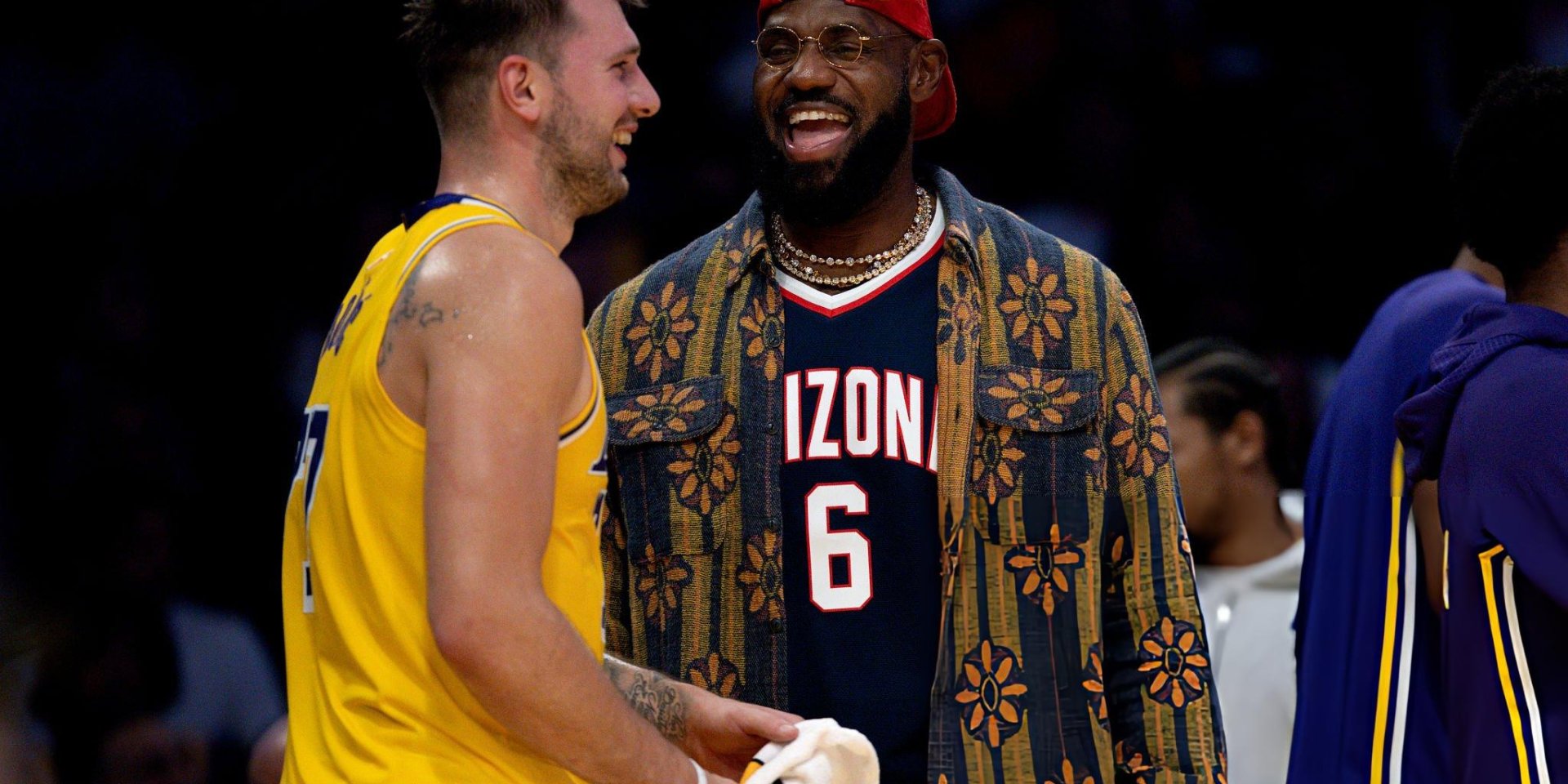
Sport rarely produces pure hatred — more often it’s a blend of taste, era, childhood heroes, and television dramaturgy. In LeBron James’s case, the negative emotions around his name are not only a reaction to specific games or decisions, but also a product of a media ecosystem where debate over “GOAT,” “clutch,” and “legacy” has become a genre, a format, and a business model. The more LeBron wins, ages gracefully, and still shapes the playoffs, the louder this machine runs: talk shows, podcasts, social-media clips, endless flop montages and contentious whistles. In this carousel, “hate” has familiar faces — and each plays a part.
Skip Bayless: Profession — Opposing
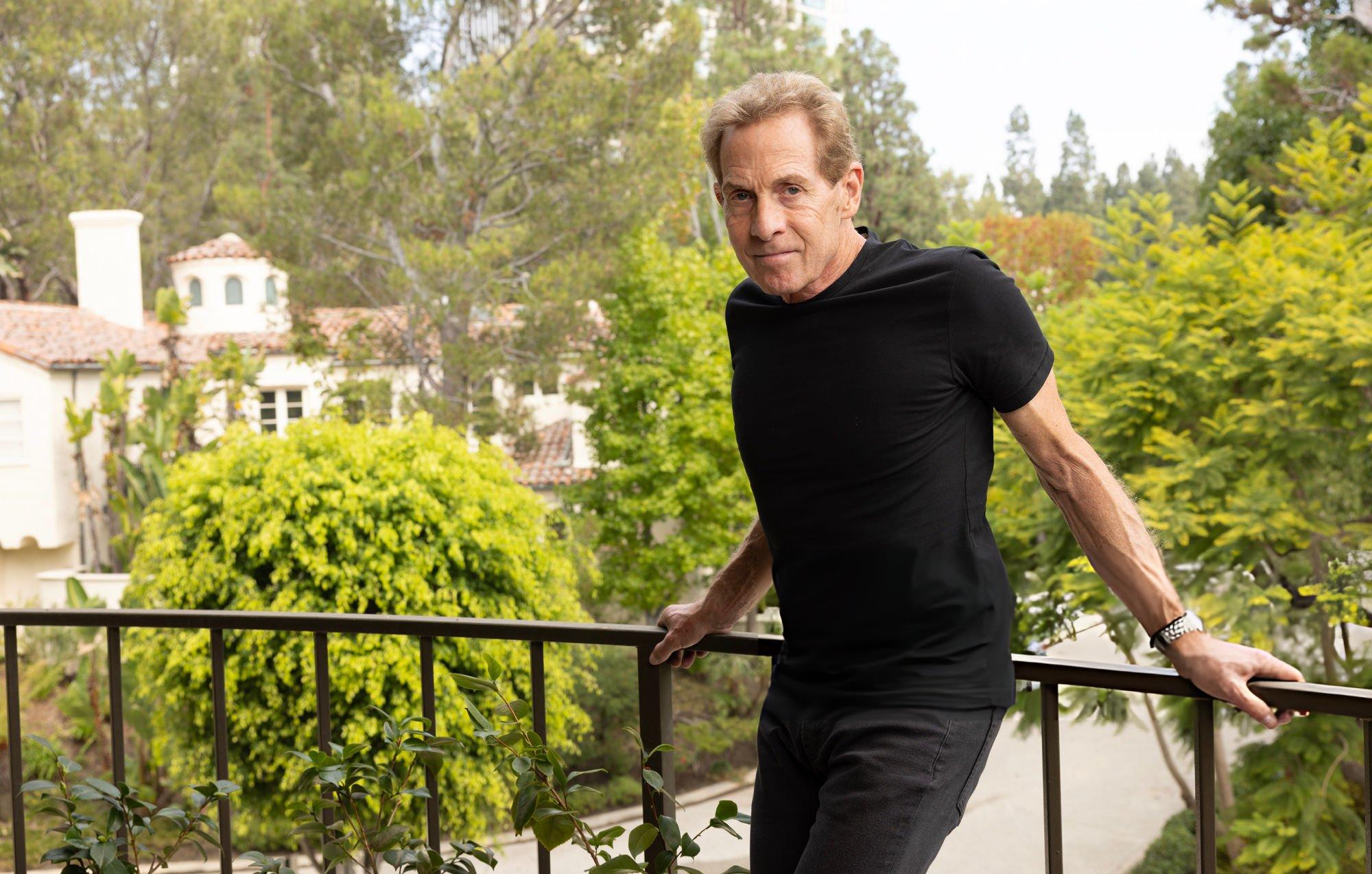
Bayless has been the primary supplier of counterarguments to LeBron for two decades. His starting point is clear: the cult of Michael Jordan, the romance of the 90s, and nostalgia for an era when “proper” superstars became legends without “superteams.” LeBron’s arrival with the “New Jordan” label gave Skip, essentially, an endless storyline: every non-clutch shot, every miss at the foul line, every failure in the Finals — a reason to rebuild the segment.
As James grew from a hyper-promising rookie into a system-defining figure, Bayless’s theses became sharper and more inventive. He is a conservative advocate of the “old school,” who reads the 2010 “Decision” as a cultural rupture, Miami as a detour, and LeBron’s statistical opulence as bookkeeping stripped of romance.
Today Bayless continues to play to algorithms and audience habits: he spars with LeBron’s fans in studio, dissects his endgames, and — paradoxically — makes money off the very object of his displeasure. In sports, few relationships are as mutually beneficial as “LeBron — content” and “Skip — opposition to that content.”
Stephen A. Smith: A Loud Trumpet, Subtle Tactics
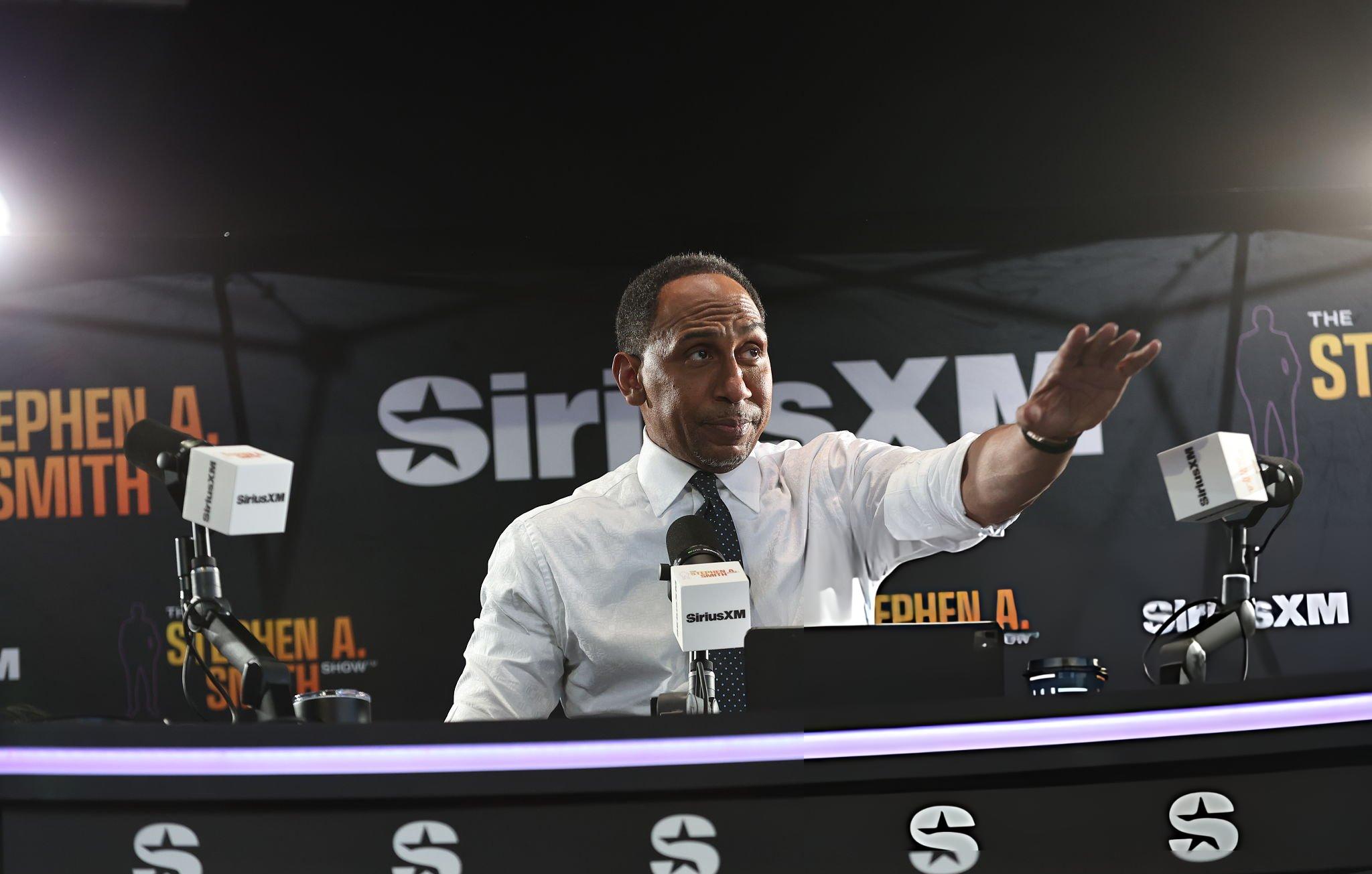
Stephen A. is a rare fusion of showman and insider. He can spike ratings with monologues and deliver news as if he just hung up with a general manager. For years he mostly kept balance on LeBron: acknowledged the greatness, pursed his lips about the 2011 Finals, but maintained distance. In recent seasons Smith has more often “spotlit” flashpoints: from discussing LeBron’s role in choosing teams and coaches to reactions around Bronny’s draft saga. And if the public moment when James asked “don’t drag my son into this” marked the limits, Stephen A. showed something else: he remains a media heavyweight and can afford to be hard — even when pushback comes from colleagues, players, and the public.
Unlike many critics, Smith always leaves himself a safety net: he admits he’s not arguing with the bare facts of the career, but with a construct — the image of a player’s over-influence in today’s NBA. In television’s language that means one thing: LeBron stays the central protagonist, and Stephen A. the era’s loudest commentator.
Paul Pierce: A Rival From the Hardwood Who Never Switched Off Playoff Mode
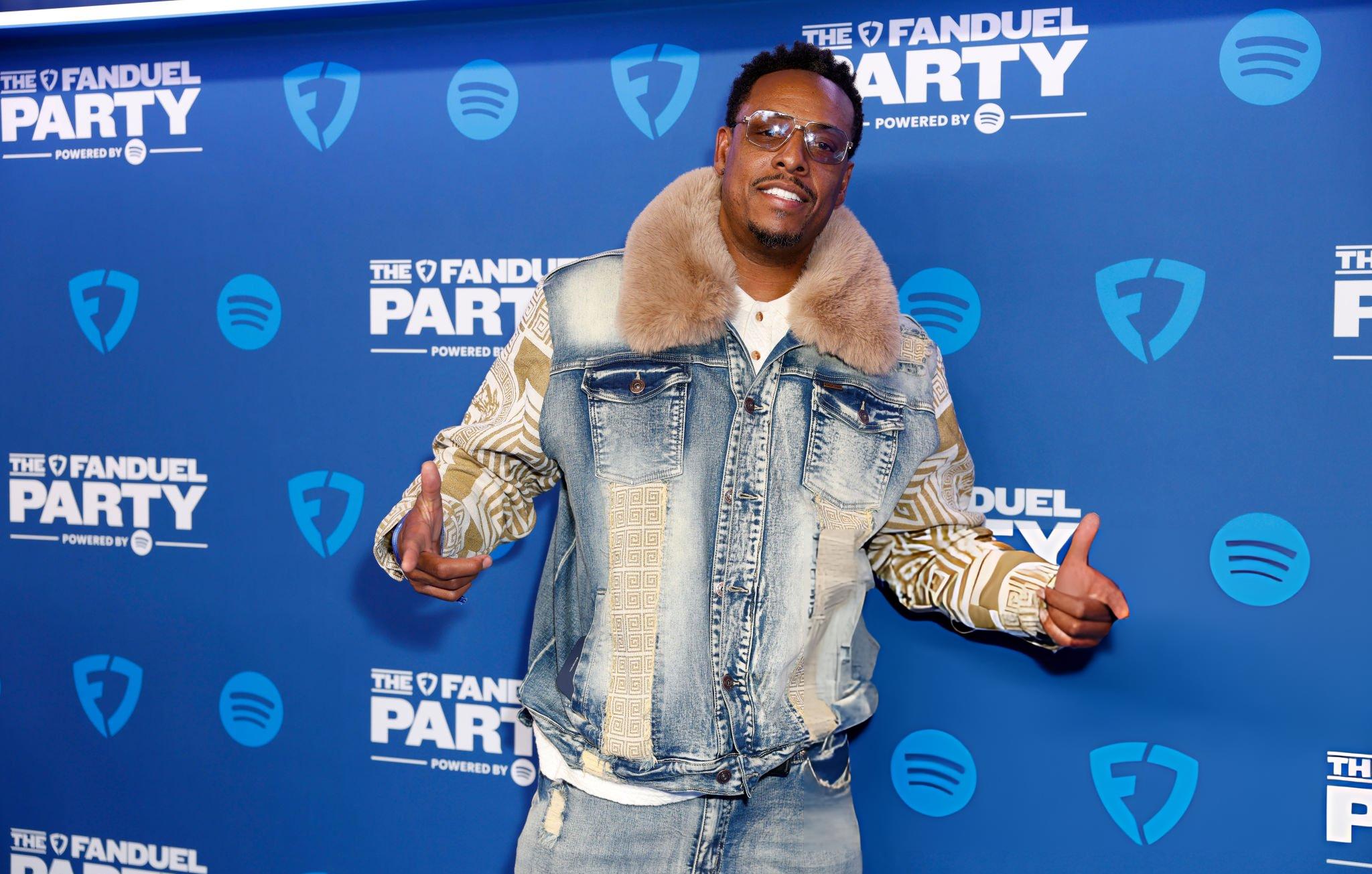
Pierce is a living reminder that hate sometimes comes not from the studio but from real rivalry. The Pierce–Garnett–Allen Celtics were one of the great irritants for a young LeBron: their defense, concentration, and physicality became a trial that helped birth the famous move from Cleveland to Miami. Paul never misses a chance to note: “We forced him to look for allies.” Yet almost in the same breath he concedes: the battles with LeBron made his career both heavier and brighter, and his place on the 75 Greatest list more convincing.
Pierce loves to talk “clutch” — and that he was more reliable late. Some nights that was true: the three over outstretched hands was his signature, and clutch-time in Boston often went to his tempo. But the larger story shows something else: LeBron perfected the universal forward model in which “clutch” isn’t only the last shot, but the right decision — a kick-out to the arc, a drive the instant the defense opens, or a predator’s rebound. Pierce criticizes but seems to pine for the days when arguments were settled on the hardwood, not in podcasts.
Rashad McCants: Grotesque as a Format
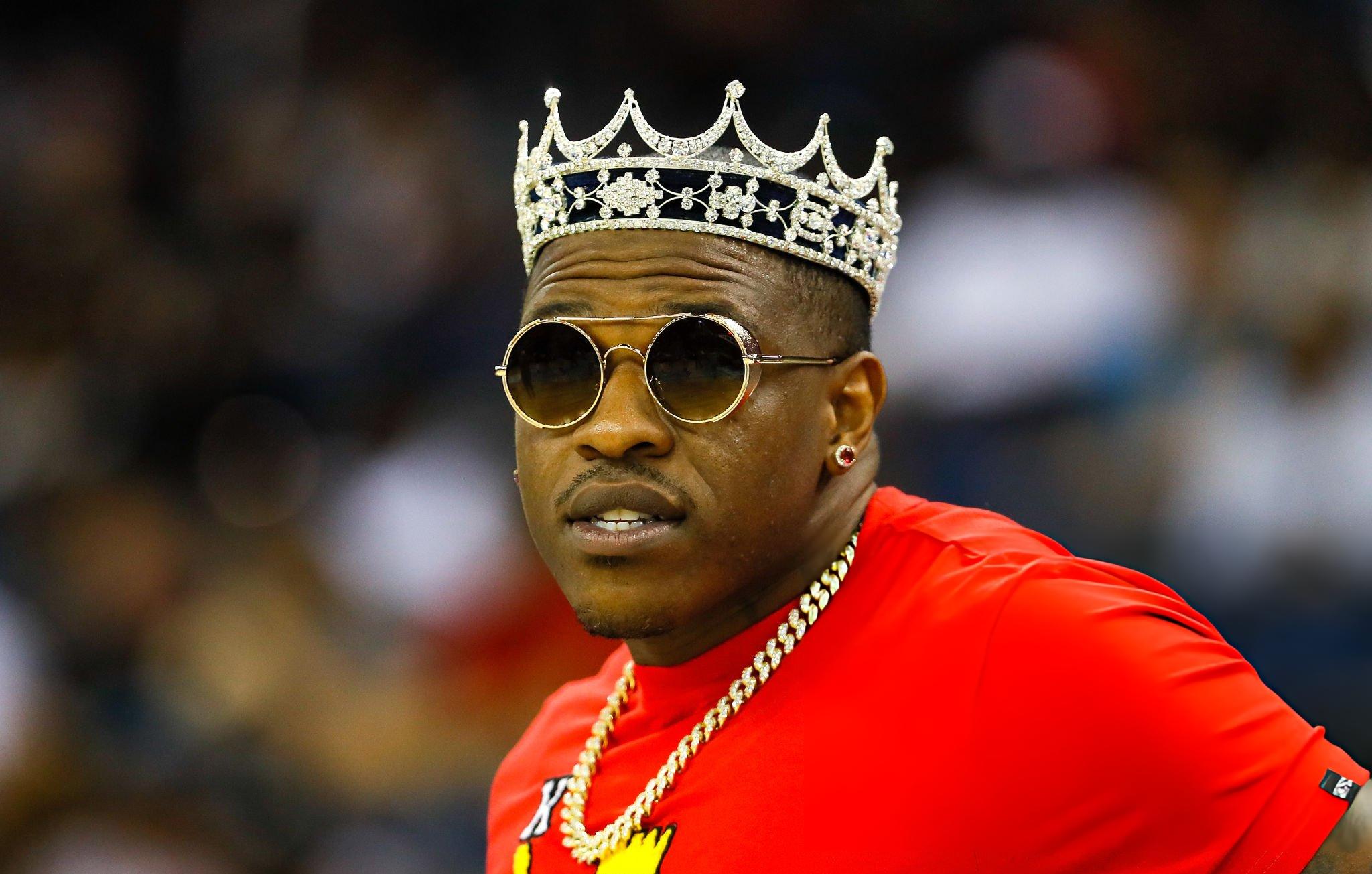
McCants is almost theatrical. On Gilbert Arenas’s show he plays a caricatured LeBron opponent: crown, props, and showy certainty even in the wildest claims. His task isn’t to prove — it’s to entertain, provoke, and push any topic into the grotesque. It’s the “hater archetype” in the raw: the one who spins alternate histories where James isn’t the emblem of longevity and basketball IQ, but seemingly a product of favorable circumstance.
And here’s another face of media: hate can be a role, not a conviction. Demand for such masks is high because the accumulated volume of LeBron discourse has become an entertainment genre. No “case logic,” just effect, a meme, and the next short clip.
Jason Whitlock: Ideology Against the Icon
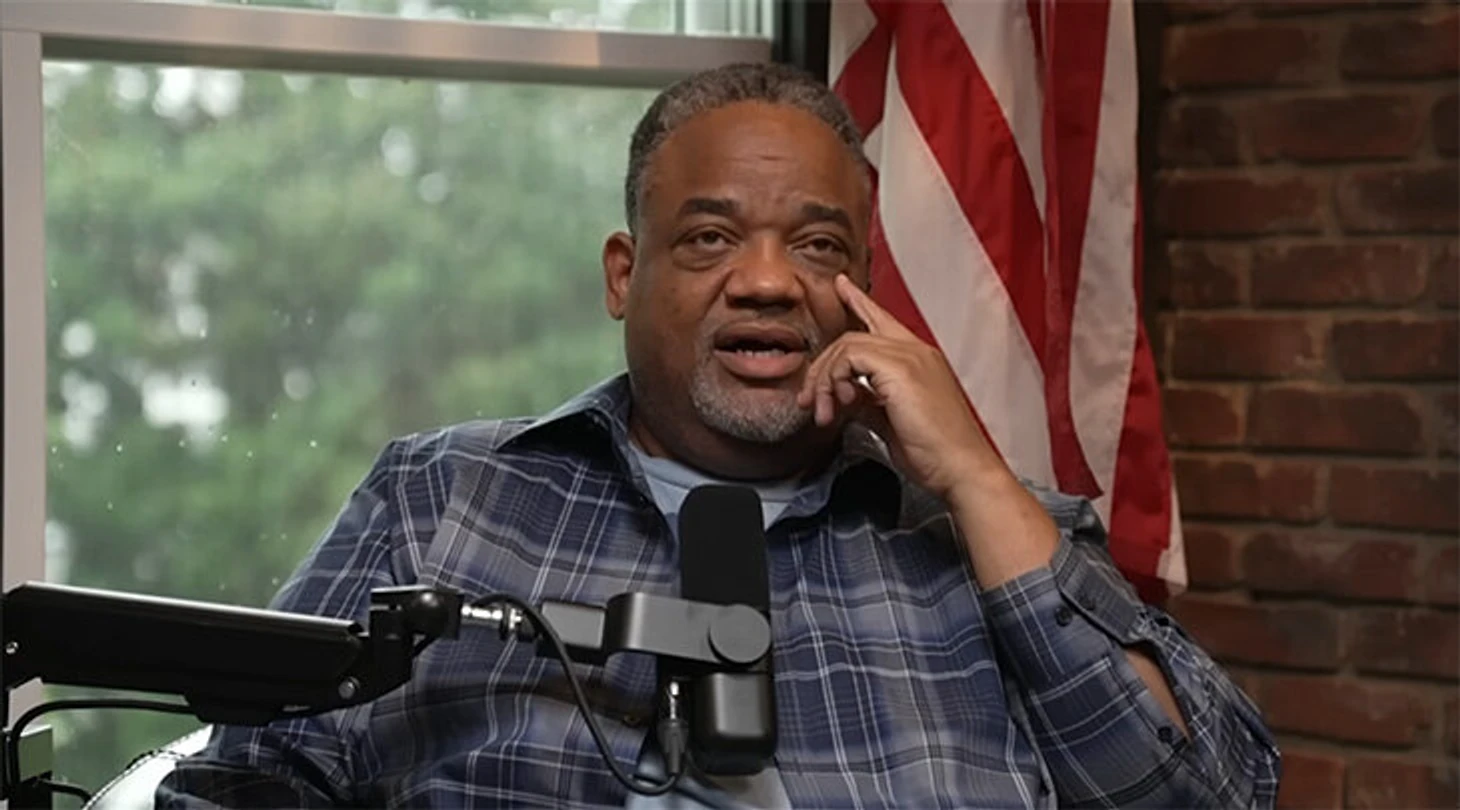
Whitlock long ago stepped beyond strictly sports formats and views James through a political-cultural lens. To him LeBron isn’t just a superstar, but a powerful media asset and a mouthpiece for social positions. Hence the tone: far harsher than traditional columnists. Any campaign, documentary, ad integration, or family storyline becomes a pretext for a big conversation about “influence and responsibility.” In this picture LeBron isn’t the center of tactics but a symbol of an era, and criticism is formed not from “usage rate” and “true shooting,” but from the ideas James carries. Is that fair? A matter of taste. But one fact stays remarkably stable: LeBron here too remains a “magnet for attention.”
Alongside the branded faces are millions more nameless critics. They cut together falls, contentious whistles, and “non-shots in the clutch,” write tracts on the “toxicity of superteams,” swear “earlier eras were purer,” and keep every second of the 2011 Finals bookmarked. Their hate is profitless, and thus sincere. It’s the flip side of fame — the higher you climb, the stronger the headwind. And here LeBron, like all greats, walks the same route: as Jordan had his critics and Kobe his detractors, James has an army eager to point to every flaw — real or imagined.
A Faceless Crowd: When Criticism Comes From the Comments
Alongside the branded faces are millions more nameless critics. They cut together falls, contentious whistles, and “non-shots in the clutch,” write tracts on the “toxicity of superteams,” swear “earlier eras were purer,” and keep every second of the 2011 Finals bookmarked. Their hate is profitless, and thus sincere. It’s the flip side of fame — the higher you climb, the stronger the headwind. And here LeBron, like all greats, walks the same route: as Jordan had his critics and Kobe his detractors, James has an army eager to point to every flaw — real or imagined.
LeBron’s Media Symphony: A Conductor Who Hears the Whistle
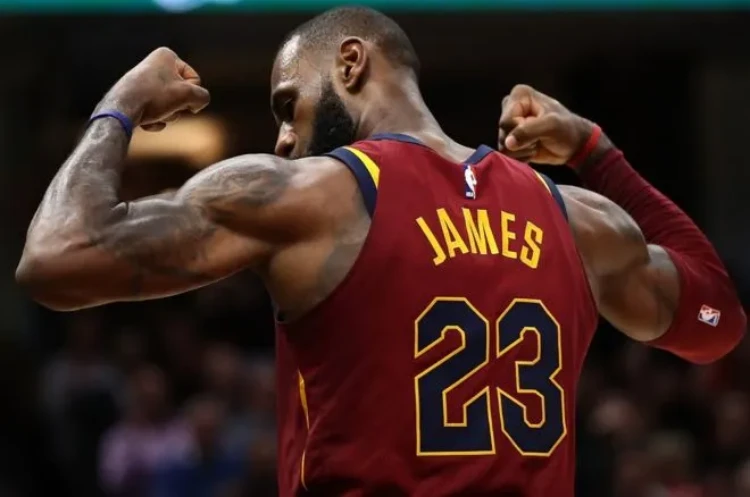
There’s a reason LeBron criticism is so durable: James is a rare athlete who can use media as an instrument. He knows that negativity is energy too. Any storyline — from The Decision to late-career waypoints and debates about his influence on personnel — becomes discussion, and thus memory. The paradox is that the fiercest opponents add brushstrokes to the canvas of his legacy: every “he’s not clutch,” “he assembled stars,” “he’s too influential” becomes part of the portrait future historians will examine.
The through line is simple. Bayless does his job — balancing the hype. Stephen A. takes the temperature of the arguments. Pierce speaks with the voice of the old Cleveland–Boston battles. McCants is a mask it’s easy to laugh at or rage against. Whitlock is an ideologue who values context over stats. And millions of anonymous voices form the chorus without which modern sport doesn’t sound.
"Love of the Game" and Its Shadow
None of this means LeBron is flawless: every great career has missteps, missed beats, and disputed choices. But because he has stayed center-stage so long, his mistakes are magnified like under a lens. The brighter the light, the sharper the shadow. That is the core secret of “hate for LeBron”: it isn’t about anger, but about scale. The debates about him are how the public measures an era; criticism is fuel for formats; and LeBron himself is the axis around which the conversation about the modern NBA spins. One day the debate will change its address, but the mechanism will remain. A great player will always summon a storm — because calm is not for legends.

